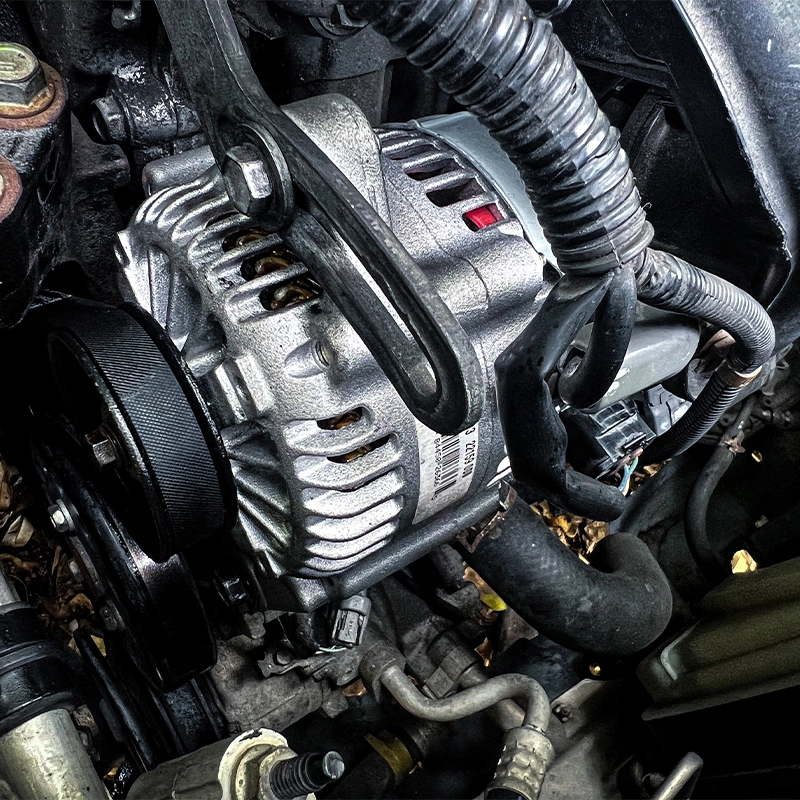Mobile:+86-311-808-126-83
Email:info@ydcastings.com
Choosing the Right 1% 204% Pipe Cap for Your Plumbing and Installation Needs
Understanding 1% 204% Pipe Caps in Industrial Applications
In the world of industrial piping systems, the components used can significantly influence both performance and safety. Among these components, pipe caps play a critical role in ensuring the integrity of the system. This article delves into the specifics of what is meant by the term 1% 204% pipe cap and its relevance in various applications.
What is a Pipe Cap?
A pipe cap is a type of fitting used to seal the end of a pipe, effectively blocking off the flow of fluids or gases. These fittings are crucial in maintaining pressure within pipelines, preventing leakage, and facilitating maintenance tasks. They come in a variety of shapes, sizes, and materials, allowing them to be used across different industries, including oil and gas, water treatment, and construction.
The Meaning of 1% 204%
The designation 1% 204% might seem ambiguous at first glance, but it typically refers to the specifications of the material used in the manufacturing of the pipe cap. The numbers indicated could represent yield strength, tensile strength, or certain performance criteria under standard operating conditions, depending on the context provided by manufacturers or industry standards.
For example, 1% can refer to the maximum allowable margin of error in terms of performance or measurement, while 204% might indicate a significant performance rating that the pipe cap can sustain under stress without failure. These percentages are critical during the selection process of pipe caps for specific applications, especially where high pressure and stress are involved.
Applications of Pipe Caps
1 4 pipe cap

Pipe caps are widely used in a multitude of industries. In the oil and gas sector, they are essential for capping off wells and ensuring that no unwanted substances can enter or exit the pipeline system. Their ability to withstand extreme conditions makes them invaluable in this sector, where safety is paramount.
In water treatment facilities, pipe caps also play a vital role. They can be used to block off old or broken pipes that are no longer in service, thus preventing contamination. Moreover, in construction projects, pipe caps help to secure systems temporarily as the construction progresses, ensuring that the infrastructure remains intact.
Material Considerations
The materials used in the manufacturing of pipe caps can vary widely, commonly including PVC, stainless steel, carbon steel, and various alloys. The selection of material often depends on the specific application and the environmental conditions involved. For instance, stainless steel caps offer excellent resistance to corrosion, making them suitable for marine applications.
Conclusion
The role of pipe caps, including variations denoted by specifications such as 1% 204%, is fundamental across many industrial applications. Understanding these specifications is essential for engineers and professionals in the field as they navigate the challenges posed by pressure, temperature, and chemical compatibilities.
As industries continue to evolve, staying informed about the advancements in pipe cap technologies—including the use of innovative materials and designs—ensures that systems remain efficient and safe. Ultimately, the choice of a pipe cap can mean the difference between effective operation and costly failures, underscoring the importance of careful selection based on specific needs and conditions.
-
Why Should You Invest in Superior Pump Castings for Your Equipment?NewsJun.09,2025
-
Unlock Performance Potential with Stainless Impellers and Aluminum End CapsNewsJun.09,2025
-
Revolutionize Your Machinery with Superior Cast Iron and Aluminum ComponentsNewsJun.09,2025
-
Revolutionize Fluid Dynamics with Premium Pump ComponentsNewsJun.09,2025
-
Optimizing Industrial Systems with Essential Valve ComponentsNewsJun.09,2025
-
Elevate Grid Efficiency with High-Precision Power CastingsNewsJun.09,2025











